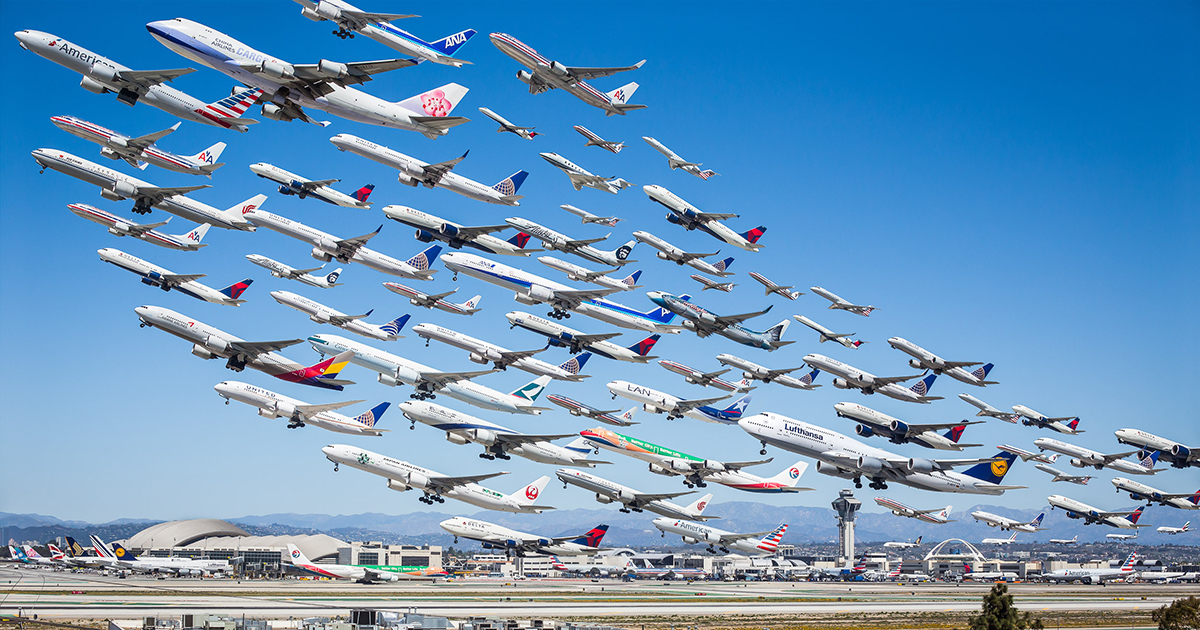An African airline lobby suggests urgent wider adoption of hop-and-pick services, seeing it as a solution to ailing carriers, and as a way to ease restrictive air travel on the continent.
This, and the expanded sharing of routes were among suggestions it wants African Union member states to implement and save operators from loss.
The African Airlines Association (AFRAA) agreed this week at the end of the African Aviation Laboratory in Nairobi. The lobby wants airlines based in Africa to fly more freely, without having to first return to their hubs. For example, they want an airline, say based in Nairobi, to ply a general route to South Africa by picking up passengers and dropping others at main airports without having to return to Nairobi for connection.
Airlines can also be allowed to fly into smaller cities of other countries without first having to land in the capitals. The lobby calls that ‘freedom flights.’ That, they argue, will allow convenience, ease cost of operations and eventually open up more skies for more people.
“We have received a number of requests from African and Europe airlines to fly direct to Mombasa and Nairobi,” Kenya Transport Cabinet Secretary James Macharia said this week in Mombasa while inspecting state projects.
Six-point strategy
“We shall review them and give permits to boost tourism but as we do so, we are also pushing for Kenya Airways to be granted the same in different countries.”
This proposal is part of the six strategies they put forward in their declaration, mainly focusing on sharing key facilities as a means to cut cost, gain traffic in a new market, improving aircraft utilisation and providing efficient services.
AFRAA, in collaboration with the African Aviation Group, said AFRAA Secretary General, Abdérahmane Berthé, will work for the roadmap’s adoption at the next AU sitting to ensure sustainability of the air transport sector in Africa.
“The lab provides a constructive opportunity to share views and build transformative solutions necessary to address sustainability and competitiveness of Africa’s air transport. “AFRAA will continue to spearhead the Laboratory outcomes to ensure Africa achieves survival in the short-term and its sustainability in the long-term,” said Mr Berthé.
Implementation will take time as the process must first be adopted by the AU and then ratified by individual members. Aviation in Africa has suffered from high air ticket costs to long layovers at airports, making it cumbersome to connect between cities in parts of the continent. Some people often fly to another continent before returning to Africa as the connection may be faster.
The lobby also wants localised code-sharing so airlines can complete each other’s passenger trips on the same ticket. This already happens with some airlines outside Africa.
The conference also agreed to develop guidelines and economic regulatory framework for harmonising taxes, charges, and fees. And to achieve sustainability, there is need to reduce taxes on fuel and abolish Custom duties on spare parts and aircraft in line with relevant provisions of the ICAO Convention.
Efficiency
The Laboratory, a hybrid event of 150 participants from AFRAA, African airlines, airport authorities, ACI Africa, Civil Aviation Authorities, Air Navigation Service Providers, and independent industry experts among others called upon States, development partners, financial institutions and other stakeholders to support the implementation of the roadmap.
The association also pointed out the need to streamline and automate the flight permits acquisition processes across Civil Aviation Authorities to achieve competitive and affordable air travel to boost trade and tourism in Africa.
In the roadmap, which will be tabled for adoption by AU policy organs recommended need to boost flight operation efficiency in African airspace to attain productivity gains for airlines and air navigation service providers.
It is expected that African airlines revenue is expected to reduce by more than half as more countries ease travel restrictions by removing the requirement for testing on fully vaccinated passengers.
According to latest prediction of IATA, full year revenue loss for African airlines for 2022 is estimated at $4.1 billion, equivalent to 23.4 percent of the 2019 revenues.
Cost of pandemic
In 2021, African airlines cumulatively lost $8.6 billion in revenues due to the impact of the pandemic, representing 49.8 per cent of 2019.
IATA states by end of June, many states in Africa had eased travel restrictions by removing the requirement for testing on fully vaccinated passengers.
“With different countries among them Chinese having set out plans to ease Covid-19 restrictions in stages for a return to more normal life, the aviation sector is predicted to fully recover in 2024,” read part of the latest report by the association.
According to IATA, the global recovery rate is 98.8 percent compared with 97.9 percent in Africa.
In May 2022, African airlines’ capacity deployed reached 76.6 percent of 2019 capacity. Traffic recovery is now at 66.3 percent of 2019 pre-Covid level.
Domestic markets continue to remain dominant in both capacity and actual passenger carried. Domestic demand at 42.1 percent outperformed intra-Africa and intercontinental which remained subdued at 30.2 percent and 27.7 percent for intra-Africa and intercontinental respectively.
The percentage of international routes operated by African airlines is estimated to reach an impressive 92.2 percent in May 2022 compared with February 2020.
The intra-African passenger traffic recovery is estimated at 74 percent in May due to the easing of anti-Covid-19 restrictions in several African countries.
Generally, across Africa, passenger traffic volumes remain low because of the high ticket cost and travel apathy.
It is hoped that with the continued relaxation of lockdown and Covid-19 restrictions in many countries, traffic will increase as we approach the summer holiday peak season.
The aviation sector has also suffered blow in different sectors where average jet fuel price continues to rise globally, impacting on airlines operating costs.
Airline revenues remained low with many operators battling with cash-flow issues.
Source: The East African






